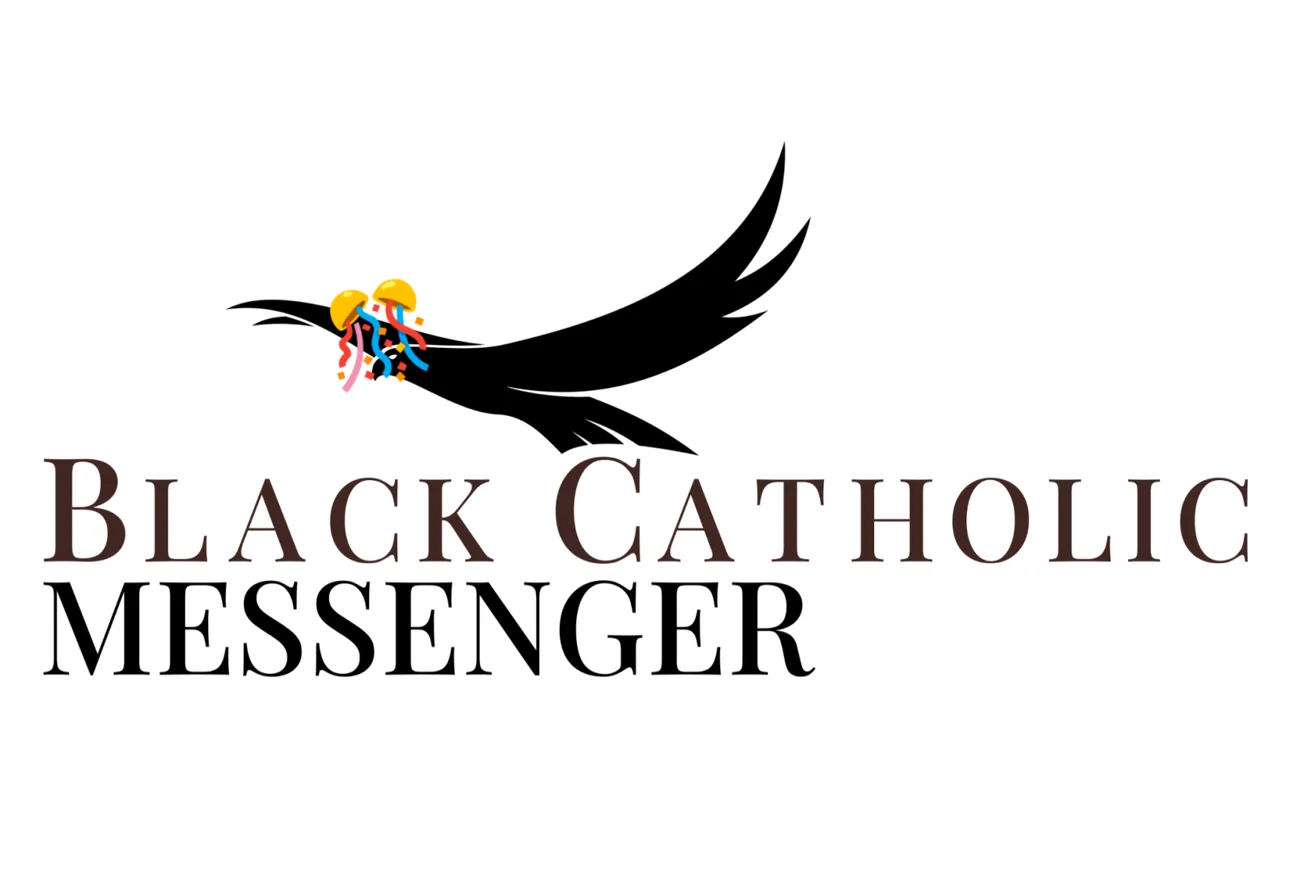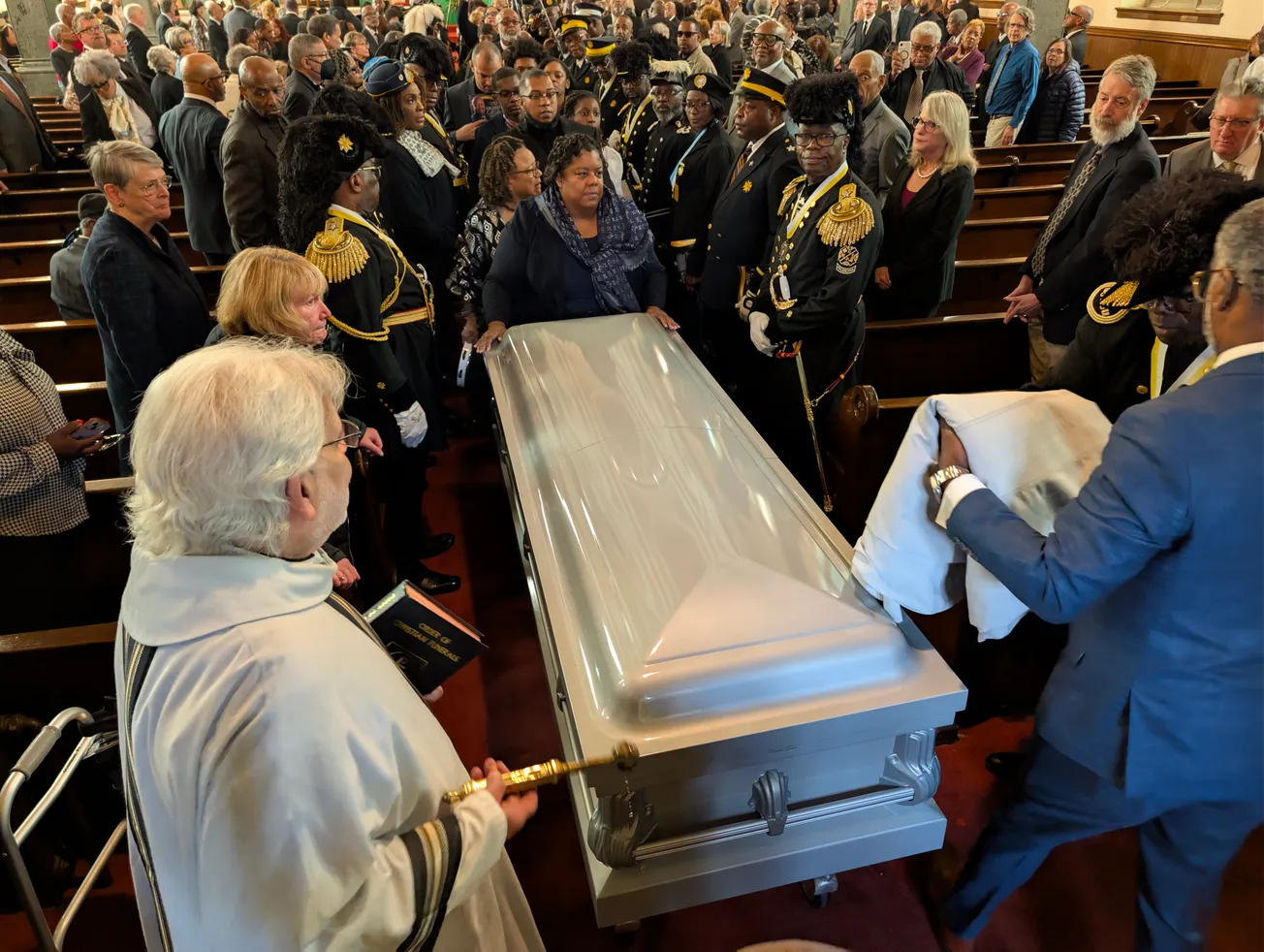Every year on February 2, Catholics the world over celebrate the Feast of the Presentation, commemorating the day Joseph and Mary fulfilled the dictates of the Jewish Law by bringing Jesus to the Temple for dedication.
Raised Protestant myself, I can almost identify more with this idea than that of Catholic infant baptism, which I had to learn when I was converting. In the Baptist and non-denominational traditions (among others), babies are often "dedicated" to God, presented by their parents as an offering of thanksgiving. A commitment is made to raise the child in the faith and in the Church, and in this way he or she is consecrated to God.
In the Catholic faith, there are of course those who dedicate themselves to God by way of consecration, whether in religious life, as a consecrated virgin, or in other forms. This facet of the vocational spectrum is celebrated each year on the day of the feast in the World Day for Consecrated Life, imaging for the world a unique echo of the life of Christ.
The National Religious Vocation Conference (NRVC), one of several organizations dedicated to fostering vocations in the modern world, hosted an event for the celebration last night. Therein, speakers from various forms of consecrated life offered their perspectives on their walk of faith, seen in light of Pope Francis' most recent encyclical, Fratelli Tutti.
The encyclical itself—released, oddly enough, on my birthday—has made waves over the past 4 months, not merely for its clarity and timing, but also for its boldness in condemning directly the sin of racism and its tentacular outworkings in the world. As such, it was a welcome sight to see not one, but two Black Catholic speakers at the NRVC event.
Bro. Joseph Bach, OSF, a Franciscan Brother of Brooklyn, noted in his talk the current struggles of our nation, and the struggles native to the call of consecrated life—the boldness of "founders and foundresses, or those first Brothers or Sisters who took the risk to venture into a new place or undertake a new ministry."
These of course include Servant of God Mother Mary Elizabeth Lange, OSB, the first Black founder (and first Black superior) of a religious order in the United States—it also was an all-Black order. Mother Lange died on this day in 1882.
Also in that number are Venerable Mother Henriette Delille, SSF; Fr Charles Uncles, SSJ; Mother Mary Theodore Williams, FHM; Mother Mathilda Beasley, OSF; and all the rest who indeed risked life and limb to heed the call to consecrated life in a world bent on excluding them.
Mirroring Pope Francis’ reference to a “thirst for the living Gospel and meeting a need”, Bach described alongside history a fortified hope that swallowed up the obstacles set before these holy few (of all races), a gaze which “looked beyond inconveniences and roadblocks.”
“Is it possible for us to have this same type of hope? I say yes. And I think the witness to this hope is perhaps even more important today.”
Sr Nicole Trahan, FMI, a Marianist Sister in Dayton, honed in on the need for a rightly ordered disposition in religious life. As consecrated religious—real and fake—flooded the airwaves during Trump’s presidency for perhaps not all the right reasons, Pope Francis called for the consecrated to be “experts in Communion” in his letter to them for the Year of Consecrated Life in 2014.
A month before Trump was voted out of office, Fratelli Tutti reminded us of the high call of kindness, which Trahan notes is not something we should “put on in order to mask our true feeling underneath”.
“To be kind is to see in another an image of God and to treat them, accordingly. Without that basic foundation communion, and unity are impossible.”
Unity, of course, will not come without work, and the work must be rooted in honesty and in holiness. As we continue to celebrate Black History Month, may we also celebrate and consider the call and legacy of consecrated life as we work toward peace and progress.
Bro. Bach: My reflection on consecrated life in light of the Gospel call of Pope Francis’ encyclical, Fratelli Tutti, provides the hopeful voice of newer religious in a turbulent time in our country and world. The message of Fratelli Tutti is what is needed today when we see people looked down upon, discriminated against, and marginalized because of the color of their skin, race, ethnicity, culture, immigration status… the list goes on. This encyclical seeks to reinforce that we are all sisters and brothers, children of the same God, who are made in God’s image regardless of difference. This celebration of the World for Consecrated Life shares this message through the hopeful voices of newer members in consecrated life.
(Transcript of Bro. Bach’s talk)
Sr Nicole: The event for the World Day of Consecrated Life focused on four specific themes of Pope Francis' Fratelli Tutti and what those themes have to say to us who are in consecrated life. Each of the panelists represented different forms of consecrated life and offered short reflections from our lived experiences.
I am hopeful that this event will serve a number of purposes. One, since it is open to men and women in all forms of consecrated life, I am hopeful that this will be an opportunity to introduce the participants to the diversity of consecrated life in the United States. So often it's easy for people to be narrowly focused on their own congregation or institute - or to only know a marginal amount about institutes of the other gender. I am also hopeful that for those who have not reflected on the themes in Fratelli Tutti, this will be an invitation to study and reflect deeply on its themes and their call for those of us in consecrated life. Each reflection offered was less than 5 minutes, so it is just an introduction. But hopefully that introduction will intrigue people enough to do their own work with it.
Lastly, this event is a collaborative effort between the Leadership Conference of Women Religious, the Conference of Major Superiors of Men, the Religious Formation Conference and the National Religious Vocations Conference. My hope would be that these organizations continue to collaborate into the future - not just in organizing events, but in more substantial ways - bringing in the National Black Sisters Conference and the National Black Catholic Clergy Caucus to the conversation.
(Transcript of Sr Trahan’s talk)
Nate Tinner-Williams is co-founder and editor of Black Catholic Messenger, in priesthood formation with the Josephites, and a ThM student with the Institute for Black Catholic Studies at Xavier University of Louisiana (XULA).










